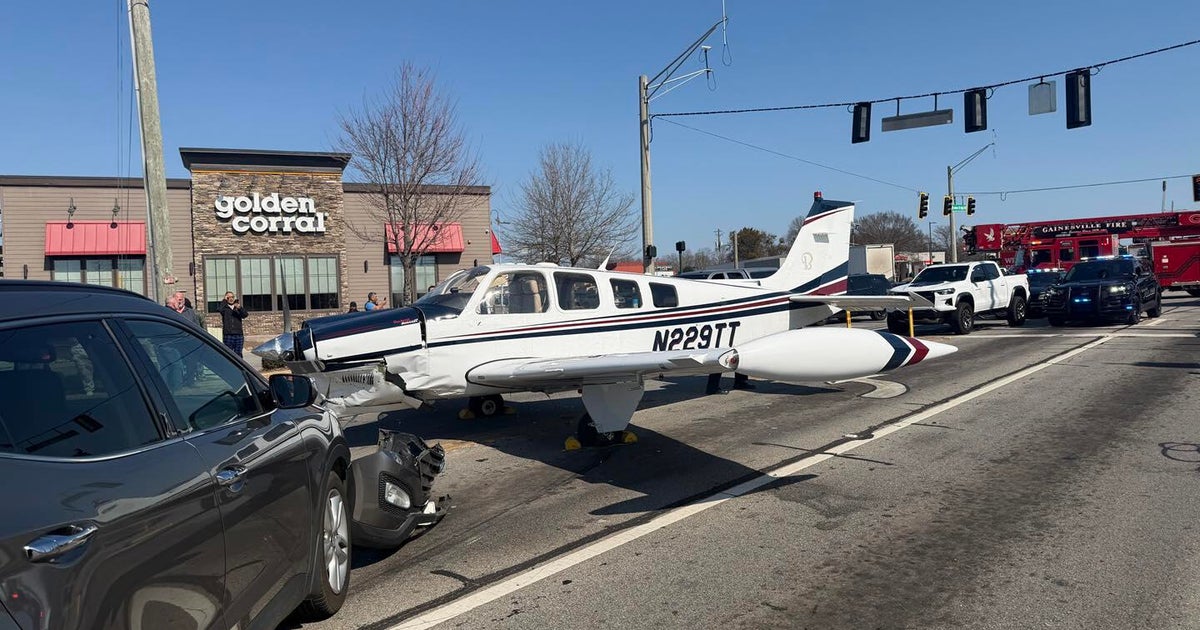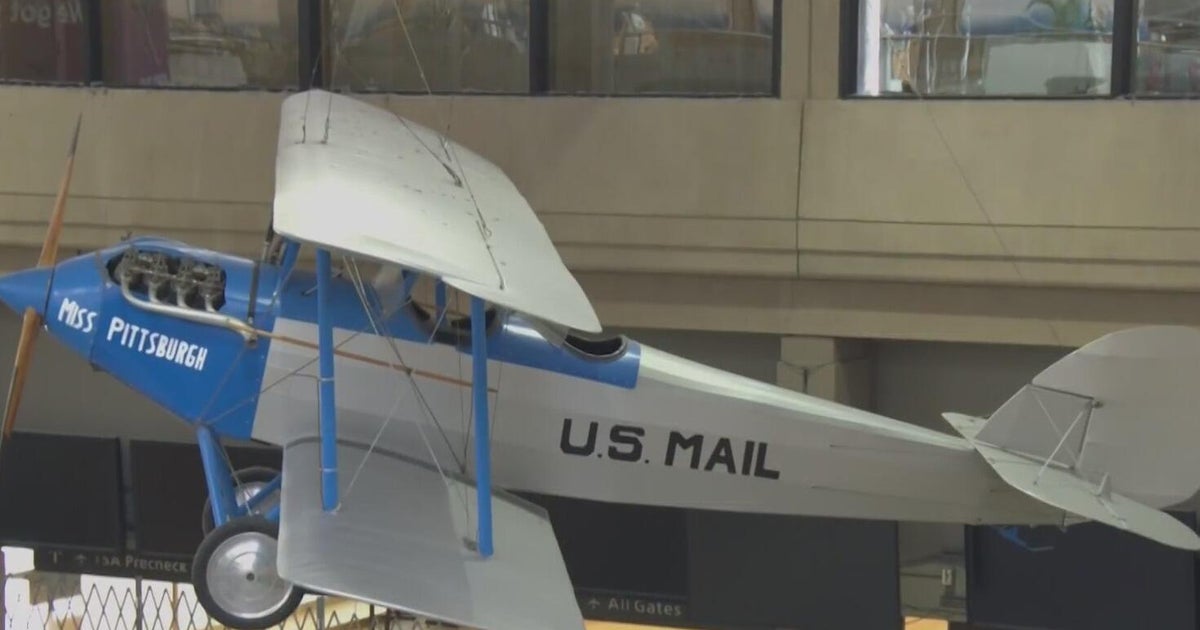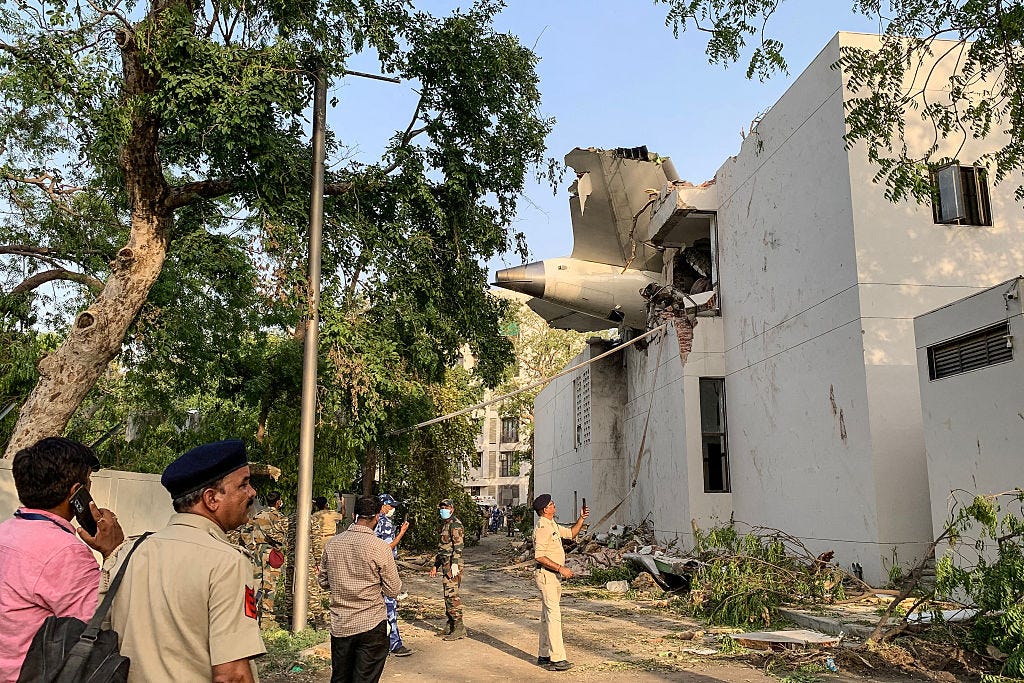Boeing loses first big 737 Max order to rival Airbus, sees big drop in deliveries last quarter
- Flyadeal's decision to go with Airbus reverses an earlier plan to buy 50 Boeing 737 Max jets valued at $5.9 billion, based on list prices.
- Some analysts predict this order lost to Europe's Airbus won't be the last such loss for Boeing.
- Boeing continues to work on fixing software that likely led to two deadly crashes and the model's grounding earlier this year.
- Deliveries of 737 models including the Max dropped sharply in the second quarter, Boeing said Tuesday
Boeing officially lost its first order to European rival Airbus in the aftermath of two deadly 737 Max crashes and the subsequent grounding of the plane by global regulators. Some analysts think this cancellation won't be the last.
Indeed, orders for all 737 models including the Max fell by more than half through June, figures released by Boeing on Tuesday show. The planemaker delivered 113 of the model plane through June compared to 269 of all 737s in the first half of 2018. Boeing doesn't break out deliveries for the Max from other 737 aircraft.
In the quarter running April, May and June, combined deliveries of 737 models fell to just 24 from 137. The company reports second-quarter results July 24, when it typically provides an update on its order and delivery outlook.
The first lost order for a 737 Max was from Flyadeal, the budget airline run by Saudi Arabian Airlines. It announced Sunday it will buy up to 50 Airbus A320neo planes, the competing narrowbody model to Boeing's 737 Max, and operate an all-Airbus fleet. The move reverses a December plan to buy up to 50 737 Max planes valued at $5.9 billion, based on list prices.
While it's the first official switch since the 737 Max was grounded, Indonesian carrier Garuda said earlier this year it was talking to Boeing about canceling its order after Boeing delivered just one of the 50 737 Max jets. Together, the two orders are valued at roughly $10 billion, at list prices, though carriers are often offered substantial discounts.
"I don't think we've seen the ends of these announcements," industry analyst Henry Harteveldt of Atmosphere Research Group told CBS News' Kris Van Cleave. "The big issue is Airbus' production capacity. Airbus needs to find ways to increase its production capacity for its A320 line of aircraft, which isn't easy to do."
Other carriers also are weighing options. Oman Air said in June it would start talks with Airbus if Boeing didn't provide "support and recovery" for the 737 Max. In April, flydubai said it may consider an Airbus order to replace its Max order.
Before the 737 Max crashes, the world's two biggest plane makers were already dealing with huge backlogs and had been increasing production to meet rising global demand. The cancellation itself is a small dent in Boeing's backlog for the bestselling 737, including the Max version. Boeing's order backlog for the 737 model stands at 4,415, according to its website.
Saudi Arabian Airlines booked its Airbus order at the Paris Air Show last month as part of 100 planes it plans to buy from Airbus, according to Sunday's statement from the carrier. In a statement today, Boeing said it's "proud of its seven-decade long partnership with Saudi Arabia's aviation industry and we wish the flyadeal team well as it builds out its operations. Our team continues to focus on safely returning the 737 Max to service and resuming deliveries of Max airplanes."
Delayed return?
Saudi Arabia Airlines' current fleet already include 52 narrowbody Airbus aircraft, according to its website. Its Boeing aircraft are all larger models, known as widebodies. Saudi Arabia is also a big military customer for Boeing.
Last month, the U.S. Federal Aviation Administration discovered a new flaw in Boeing's 737 Max that could further delay its return to the skies. Still, some airlines are ordering the 737 Max. Boeing in June announced a letter of intent from International Airlines Group, parent company of British Airways and other carriers, to buy 200 of the model.
Boeing last week said it would pay $100 million to the victims of the Lion Air and Ethiopian Airlines crashes.
CBS News' Kris Van Cleave contributed to this story.



